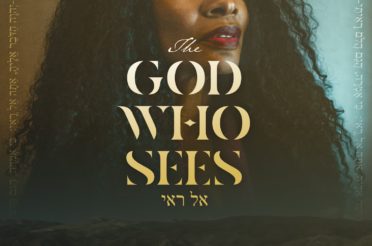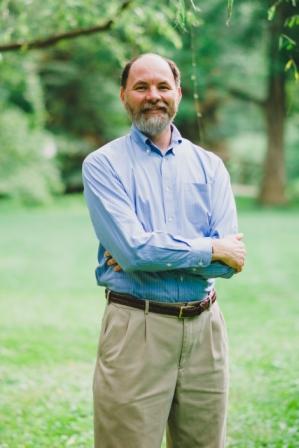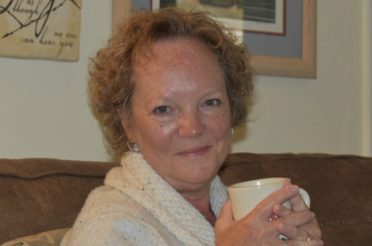By Roger Barbee
Not too many evenings ago, Mary Ann and I went on a walk through our neighborhood. After talking with Brenda, whose planting we interrupted, we passed the corner where the Isle of Pines sign is. Mary Ann pointed to a huge, overgrown bush that occupied all the space behind and around the stone sign. Asking me what it was, I looked at its dark, green leaves that shone in the waning sun and told her that it looked like a Ligustrum or privet, but its size suggested something else. I had to admit not knowing what the large bush was for certain, but that I could only wager an educated guess.
I have been reading Mere Christianity by C.S. Lewis and in one latter chapter he writes about our duality—what we are and what we do. He writes, “Surely what pops out before the man has time to put on a disguise is the truth?” If I understand Lewis correctly, he argues that as we mature in our Christian faith, we come to realize that, while we can seemingly manage our outward actions and appearances, only God can change our interior-our core. If, he argues, “what we do matters chiefly as evidence of what we are,” even our good actions, then we need to surrender ourselves to God because it is He who does everything. In Proverbs 16:2, Solomon writes, “All the ways of a man are clean in his own eyes; but the Lord weigheth the spirits.”
For the past few days, especially in the early mornings and late evenings, we have smelled a delightful scent of May’s madness, when the world is bursting with vigor and new life. It is a marvelous time for living, and Mary Ann and I have rejoiced in the blessings of this season. However, we could not find the source of the delightful scent. Mary Ann even walked from bush to flower to bush in our garden to find the source, but no success until her walk to the paper box this morning. Coming into the house, she announced, “It’s the privet bush across the road!” When I went out to ride my stationary bike I looked to see it full of white clusters that confirmed part of its duality.
Created by God, the Ligustrum is like mankind. It is a plant that is, but also a plant that does. When I looked at it those days ago, its outward characteristics suggested what it was and could be, but only until it produced its aromatic blooms did its true self emerge. With its blooming, a good thing, its does (a verb) revealed its is (a noun). Now, we have free will, unlike other creations of His, but we can follow His will if we choose That way and not ours.







